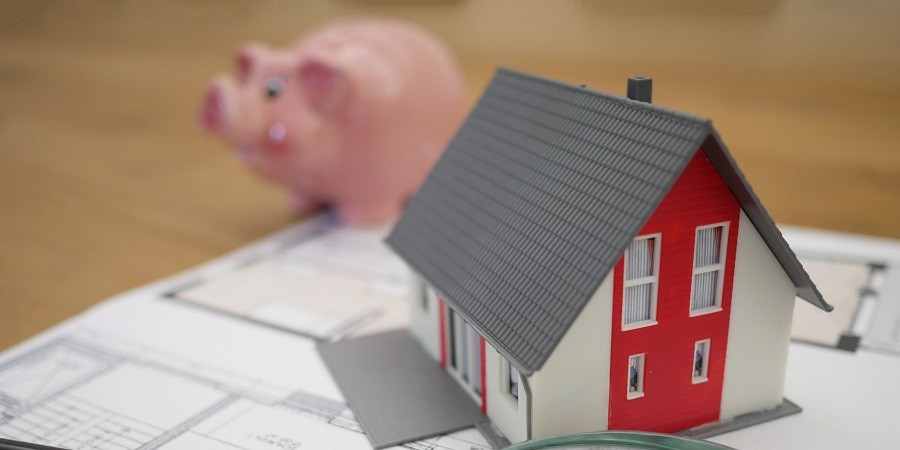Three-month Euribor rose, fell for six and 12 months and remained below 4% at all three maturities for the first time since September 14.
With the changes in the three-month Euribor, which rose to 3.962%, it was higher than the six-month Euribor (3.945%) and the 12-month Euribor (3.794%).
In November, the monthly average rose slightly over the shorter term and then fell over the longer term, with the market signaling its belief that the Euribor maximum had already been reached.
The average Euribor in November rose 0.004 points to 3.972% for three months (compared to 3.968% in October), fell 0.050 points to 4.065% for six months (compared to 4.115%) and 0.138 points to 4.022% for 12 months ( compared to 4.160%).
The 12-month Euribor rate, currently the most widely used in Portugal for housing loans with variable interest rates and which was above 4% between June 16 and November 28, fell to 3.794, 0.108 points lower than on Friday, after rising on September 29 to 4.228. . %, a new high since November 2008.
After falling in August, the 12-month Euribor fell in November for the second time in the current cycle of increases.
According to data from the Bank of Portugal for September 2023, the 12-month Eurobor represents 38.1% of the loan stock for permanent home ownership with variable interest rates. The same data indicate that the six- and three-month Euribor represents 35.7% and 23.4%, respectively.
In the same sense, in six months, the Euribor rate, which was higher than 4% between September 14 and December 1, today fell to 3.945%, 0.059 points lower than in the previous session and against the maximum since November 2008, 4.143%. . Recorded on October 18.
The decline in the six-month average Euribor in November was the first monthly decline in the current rising cycle.
On the contrary, the three-month Euribor rate advanced compared to the previous session, being set at 3.962%, plus 0.002 points, after rising on October 19 to 4.002%, the new maximum since November 2008.
The Eurobor started to rise further from February 4, 2022, after the European Central Bank (ECB) admitted that it could raise key interest rates due to increasing inflation in the Eurozone, and this trend was strengthened with the start of the Russian invasion of the Euro. Ukraine on February 24, 2022.
At its last monetary policy meeting, held on October 26 in Athens, the ECB maintained its benchmark interest rates for the first time since July 21, 2022, after ten consecutive increases.
The ECB’s next monetary policy meeting, which will be the last this year, is scheduled for December 14.
Three-, six- and 12-month Euribor rates hit all-time lows, respectively, of -0.605% on 14 December 2021, and -0.554% and -0.518% on 20 December 2021.
The Euribor rate is determined by the average interest rates at which a group of 19 eurozone banks are willing to lend money to each other in the interbank market.

“Wannabe internet buff. Future teen idol. Hardcore zombie guru. Gamer. Avid creator. Entrepreneur. Bacon ninja.”

